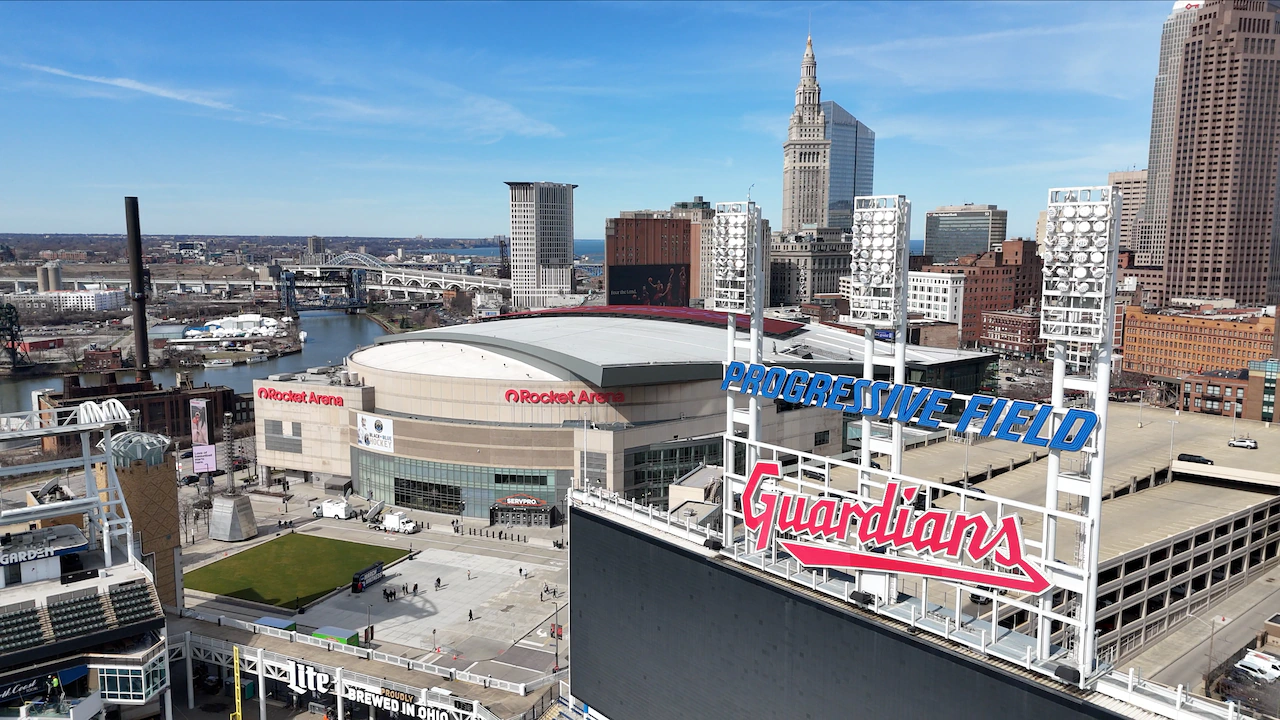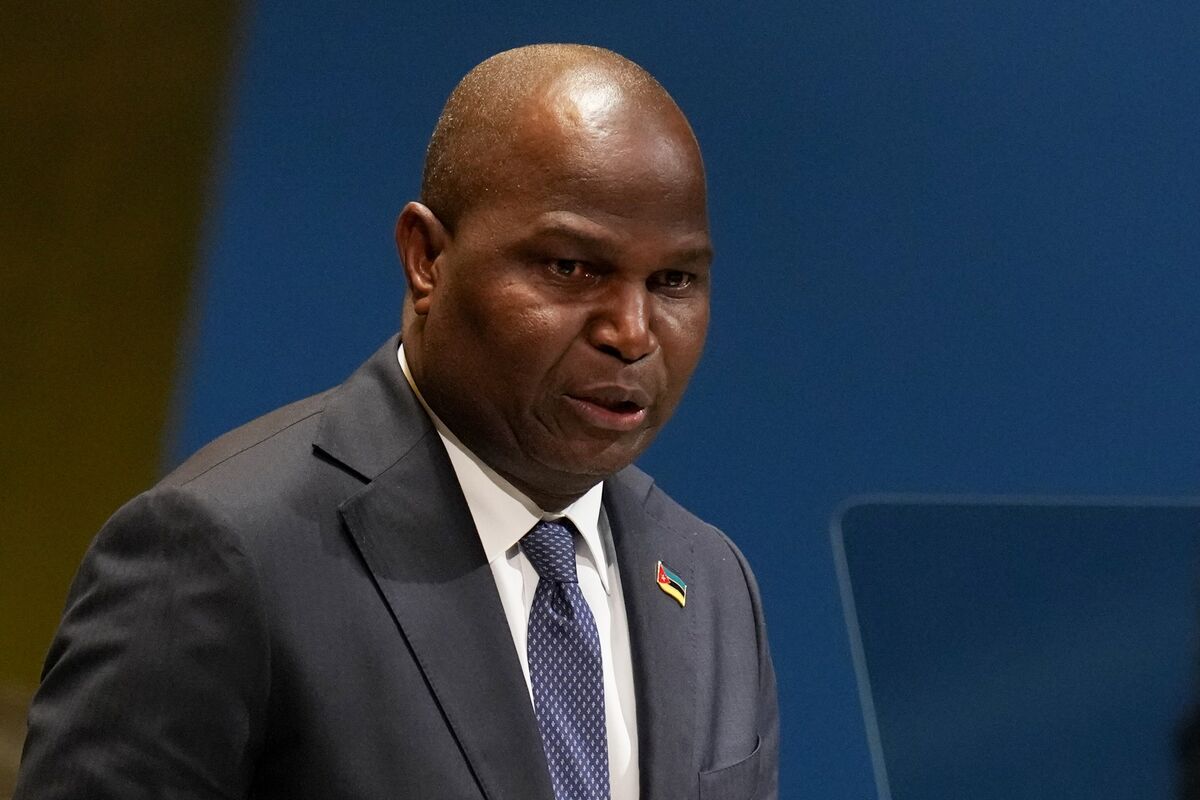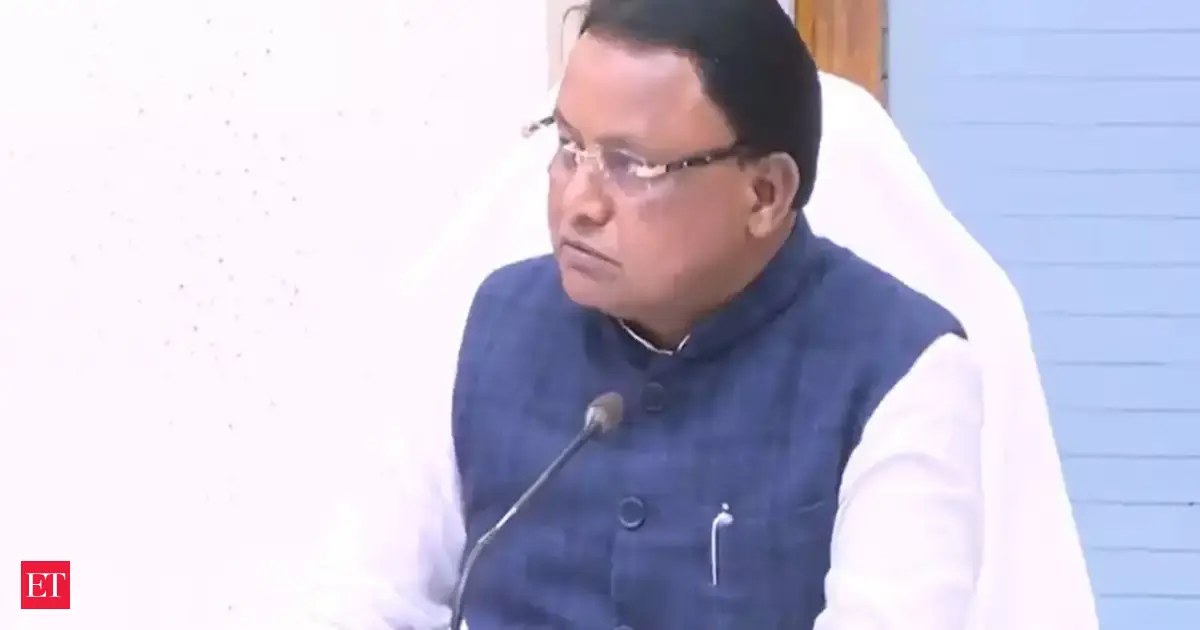Copyright cleveland.com

CLEVELAND, Ohio — Mayor Justin Bibb has a plan to help fund stadium repairs for the Guardians and Cavaliers — but the teams aren’t ready to talk about it. And until they are, he says the city won’t bail them out again. Bibb told reporters at a recent news conference that he wants to create a special financing district that could collect small fees on parking, dining and entertainment in the Gateway District. The mayor said it’s a “practical, pragmatic” way to generate revenue to help maintain Progressive Field and Rocket Arena. That money is needed because countywide sin taxes on alcohol and cigarettes haven’t covered repair costs in recent years. Last December, Cleveland and Cuyahoga County approved a $40 million bailout for Gateway, the joint city-county authority that owns and manages the ballpark and arena. Bibb’s idea wouldn’t fully solve the problem but would shift the cost of stadium repairs away from residents and toward visitors who attend games and dine nearby. If the Cavs and Guardians aren’t ready to pursue new revenue streams, Bibb said City Hall won’t approve another bailout. “I made it clear to the teams,” Bibb said. “I’m not tapping the general revenue fund until we look at these other concepts.” What Bibb is proposing is called a New Community Authority, or NCA, and it isn’t a foreign concept to Cleveland or City Hall. The mayor and City Council recently created a similar taxing district on the lakefront that includes the Rock & Roll Hall of Fame, Great Lakes Science Center and Huntington Bank Field — along with city property such as the Willard parking garage and Voinovich Park. And the Cleveland Browns want to create an NCA that covers their $2.4 billion stadium in Brook Park, surrounded by a $1 billion mixed-use district. Each NCA is different and sets up its own rules and fees, but in simplest terms it’s a political subdivision that can levy and collect taxes within a defined area to help fund development. Participation is voluntary — property owners must agree to join and negotiate fees. At maximum, an NCA can charge up to a 5% fee on retail, food, beverages and ticket sales — about 25 cents on a $5 hot dog or 40 cents on a $8 beer. An NCA can also charge parking fees, hotel fees and levy additional property taxes. The NCA’s board could then use those funds to build public improvements, such as upgraded greenspaces, sidewalks and lighting. They can fund marketing and special events for the businesses. In this case, some money would also cover maintenance at Rocket Arena and Progressive Field. In theory, business owners would support it because the Cavs and Guardians drive foot traffic that keeps the Gateway District lively. Bibb’s staff first pitched the idea to City Council last December, when members were voting on whether to spend $20 million on stadium repairs. Since then, the teams haven’t publicly supported the idea. The Cavaliers, Guardians and Greater Cleveland Partnership all declined to comment for this story. Downtown Cleveland Inc.’s leader Michael Deemer released a statement praising the idea, saying “New Community Authorities (NCAs) are one tool that have proven successful in other Ohio downtowns and that has the potential for similar impact here.” Council President Blaine Griffin said it’s too soon to assess a new NCA’s merits, noting Bibb still needs to provide key details such as revenue projections. Griffin said Bibb’s plan initially drew “a tremendous amount of pushback” from the Cavs and Guardians. But he agreed the city can’t afford more stadium repairs. “It would be very difficult to try and find the general fund money to do it right now,” Griffin said. “At some time, we have to look at some creative financing.” The Ohio Legislature recently authorized doubling the countywide sin tax, but Cuyahoga County Executive Chris Ronayne said he won’t bring the issue to voters because the estimated $25 million increase wouldn’t be enough to cover future stadium repair shortfalls. Councilwoman Jenny Spencer — one of three who voted against Gateway’s $20 million bailout — opposed it because officials hadn’t found a long-term funding solution for stadium and arena repairs. She reiterated those concerns Wednesday. “I can only infer that Gateway is planning to come back with a big bill without meaningful progress toward new revenue sources,” Spencer said. Spencer said council is often forced to choose between stadium repairs and neighborhood needs. If the Cavs, Guardians and mayor’s office can’t raise revenue to offset sin tax shortfalls, she said, future councils would be hesitant to approve more funding. Bibb’s spokesman declined to provide any more details about the proposed NCA. However, records obtained by cleveland.com show Bibb’s staff gave a presentation with more details to City Council staff in March. The proposal would create a “downtown core NCA” that initially includes Progressive Field, Rocket Arena, parking lots and several city-owned sites, such as Public Square and Public Auditorium, where the Cleveland Charge play. Like with the waterfront NCA, the expectation is more property owners would agree to join over time. The presentation acknowledged an NCA wouldn’t cover all stadium and arena repair costs but said it would create a flexible revenue stream that’s more equitable — because visitors who use the stadium and nearby entertainment district would help maintain the amenities.



